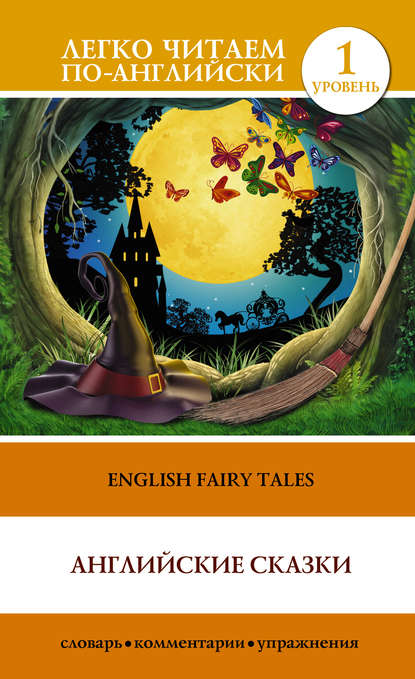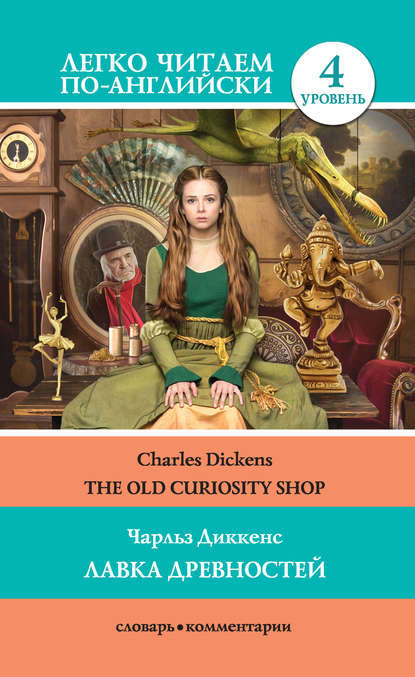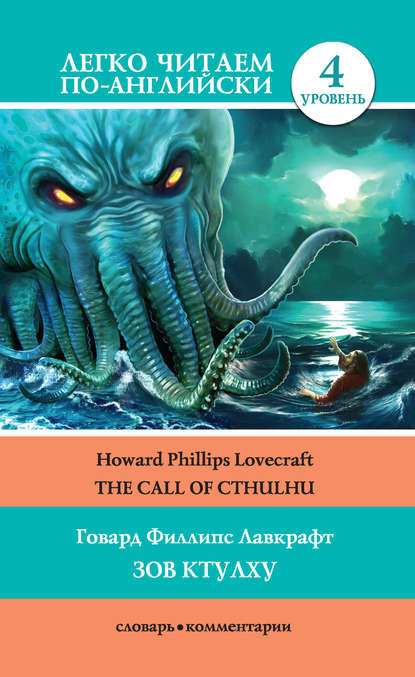
Полная версия
Трое в лодке, не считая собаки / Three Men in a Boat (To Say Nothing of the Dog)

Jerome K. Jerome
Трое в лодке, не считая собаки / Three Men in a Boat (To Say Nothing of the Dog)
Иллюстрации М. М. Салтыкова
© Матвеев С. А., подготовка текста, комментарии, словарь
© ООО «Издательство АСТ»
Chapter I

There were four of us – George, and William Samuel Harris[1], and myself, and Montmorency[2]. We were sitting in my room, smoking, and talking about how bad we were – bad from a medical point of view, of course.
We were all feeling bad, and we were quite nervous about it. Harris said he had such a very bad headache that he hardly knew what he was doing. And then George said that he had a headache too. As for me, it was my liver that was out of order. I read about the various symptoms of a sick liver in a circular that offered liver-pills. I had them all.
It is a most extraordinary thing, but when I read a medicine advertisement I usually come to the conclusion that I am suffering from the disease that was described.
One day I went to the British Museum to read about hay fever[3], I fancy I had it [4]. I took the book, and read all I needed; and then I idly turned the leaves, and began to study diseases, generally. Immediately I understood that I had some fearful, devastating illness.
I sat for a while, frozen with horror; and then, in despair, I again turned over the pages. I came to typhoid fever[5] – read the symptoms – discovered that I had typhoid fever, must have had it for months without knowing it – wondered what else I had got; turned up St. Vitus’s Dance [6] – found, as I expected, that I had that too, – and so started alphabetically. I had every malady they wrote about! The only malady I had not got was housemaid’s knee [7].
I felt rather hurt about this at first. Why hadn’t I got housemaid’s knee? After a while, however, I reflected that I had every other known malady in the pharmacology, and I grew less selfish, and determined to do without housemaid’s knee. There were no more diseases after zymosis[8], so I concluded there was nothing else the matter with me [9].
I thought what an interesting case I must be from a medical point of view! Students would have no need to ‘walk the hospitals’, if they had me. I was a hospital in myself. All they need do would be to walk round me, and, after that, take their diploma.
Then I wondered how long I had to live. I tried to examine myself. I felt my pulse. I could not at first feel any pulse at all. Then, all of a sudden, it seemed to start off[10]. I pulled out my watch. I made it a hundred and forty-seven to the minute. I tried to feel my heart. I could not feel my heart. It had stopped beating. I could not feel or hear anything. I had walked into that reading-room a happy, healthy man. I crawled out a decrepit wreck [11].
I went to my doctor. He is an old friend of mine, and feels my pulse, and looks at my tongue, and talks about the weather. “What a doctor wants,” I said, “is practice. He shall have me.” So he said:
“Well, what’s the matter with you?”
I said:
“I will not take up your time with telling you what is the matter with me. But I will tell you what is not the matter with me. I have not got housemaid’s knee. Why I have not got housemaid’s knee, I cannot tell you; but the fact remains that I have not got it. Everything else, however, I have got.”
Конец ознакомительного фрагмента.
Текст предоставлен ООО «Литрес».
Прочитайте эту книгу целиком, купив полную легальную версию на Литрес.
Безопасно оплатить книгу можно банковской картой Visa, MasterCard, Maestro, со счета мобильного телефона, с платежного терминала, в салоне МТС или Связной, через PayPal, WebMoney, Яндекс.Деньги, QIWI Кошелек, бонусными картами или другим удобным Вам способом.
Примечания
1
William Samuel Harris – Уильям Сэмюэль Гаррис
2
Montmorency – Монморанси
3
hay fever – сенная лихорадка
4
I fancy I had it. – Думаю, что она у меня была.
5
typhoid fever – брюшной тиф
6
St. Vitus’s Dance – пляска святого Витта
7
housemaid’s knee – воспаление сумки надколенника
8
zymosis – инфекция
9
there was nothing else the matter with me – больше мне уж ничто не угрожает
10
it seemed to start off – казалось, что он появился
11
a decrepit wreck – жалкая развалина












